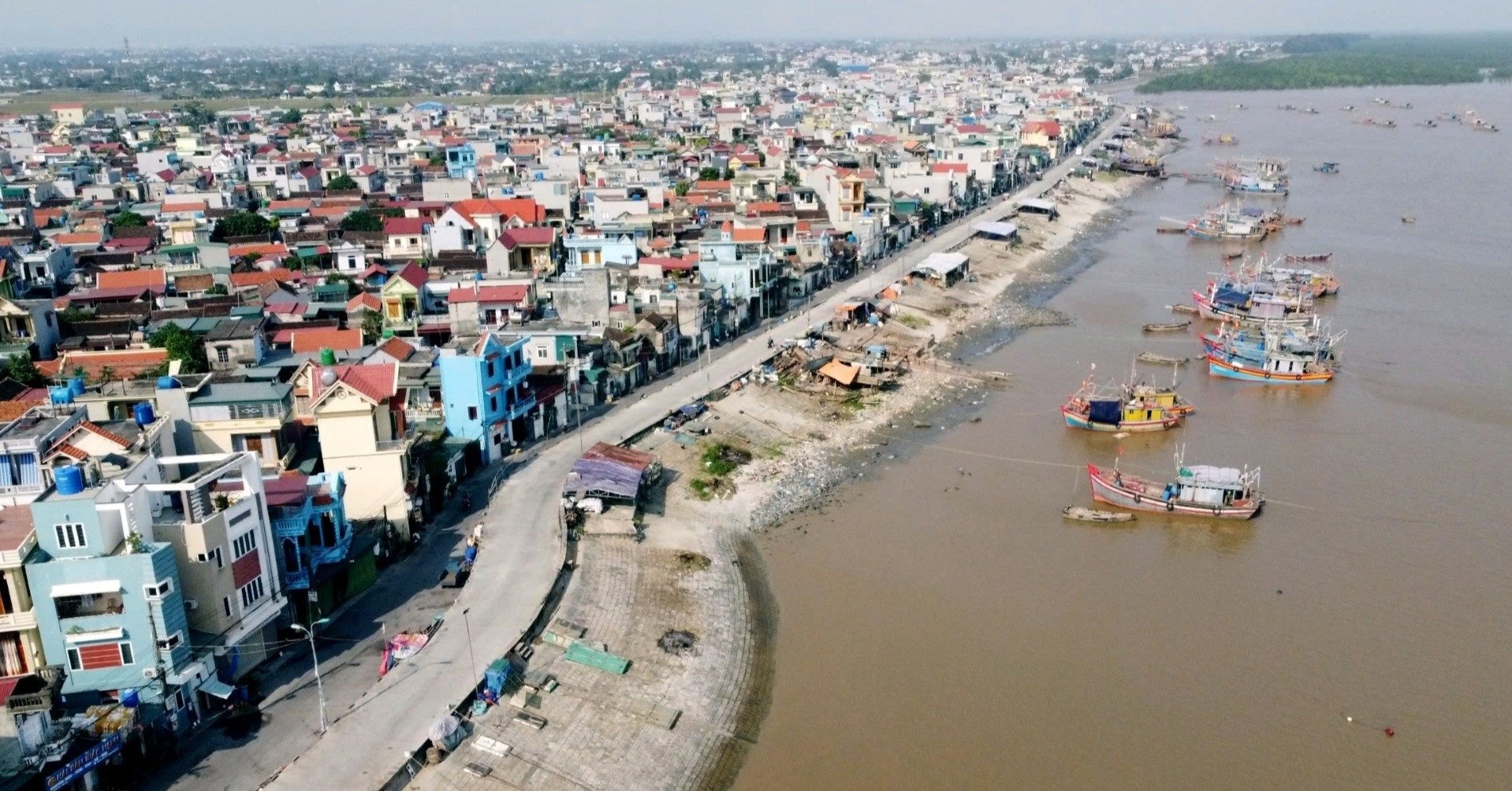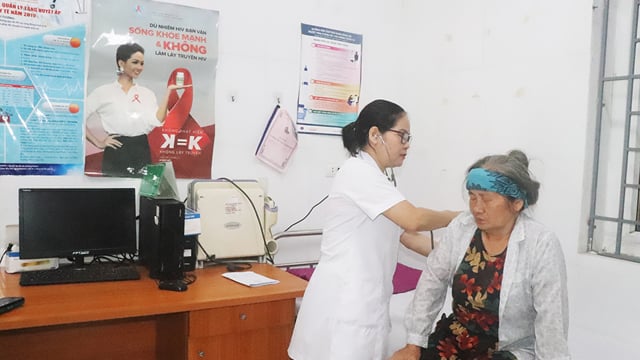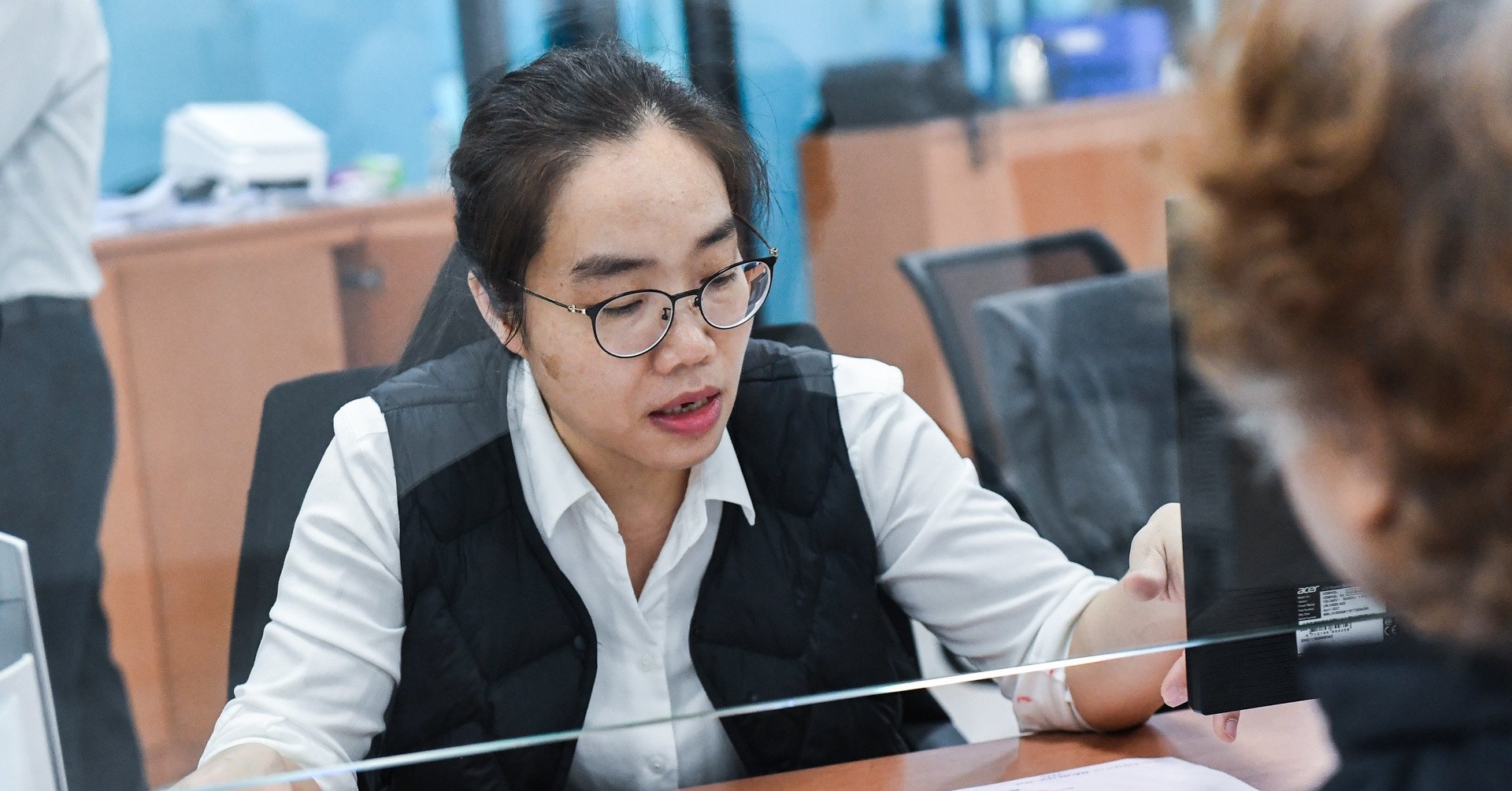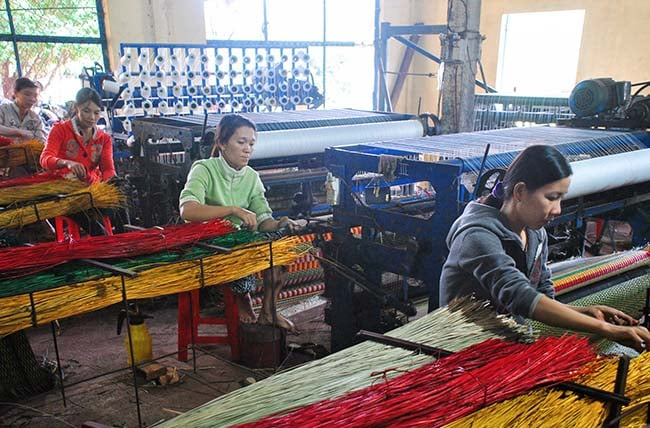According to the World Health Organization, Thailand is one of the countries with the fastest aging population in the world. However, the Thai economy seems to be unprepared for this reality.
Between 2000 and 2020, the number of people aged 65 and over in Thailand doubled. As of 2020, about 13% of Thailand's population was aged 65 and over. Thailand currently has more than 12 million people aged 60 and over, accounting for about 18% of the population.
Research by Kasikorn, a major bank in Thailand, estimates that by 2029, Thailand will become one of the "super-aging" countries with more than 20% of the population over 65 years old.
Meanwhile, Thailand’s economic scale has yet to catch up with countries like Japan and Germany that are also facing aging populations. “We will be old before we are rich. We are not ready,” commented Burin Adulwattana, chief economist at Kasikorn.
Low incomes, limited savings and inadequate pension schemes mean many people are living in poverty, while fewer people pay taxes and a projected tripling of health care bills will be a huge financial burden.
“It’s really a time bomb,” said Kirida Bhaopichitr, an analyst at the Thailand Development Research Institute.
According to a Kasikorn survey, 34% of seniors in Thailand live below the poverty line, living on less than $830 a year. To live well in Bangkok, a retiree needs at least $100,000 in savings. However, many Thais now retire with less than $1,300.
Reports also show that the rapid aging of the population is having a negative impact on Thailand’s workforce. Demographic changes could cause the Thai workforce to shrink by about 5% per year between 2020 and 2060, with a total decline of 14.4 million people. This will have many negative impacts on the competitiveness and development of the Thai economy.
In addition, the increasing number of elderly people will put pressure on the Thai government's pension and old-age pension funds. Currently, the country has several pension funds for retirees, such as the Social Security Fund, the Government Pension Fund, and the National Provident Fund. Those who are not covered by these funds receive money from the Thai government's old-age pension program.
According to data from the Fiscal Policy Office of Thailand, in 2021, Thailand had to spend 750 billion baht (equivalent to 4.43% of GDP) on elderly care. Meanwhile, the amount spent on this in 2013 was only about 430 billion baht.
Demographic changes pose major challenges for policymakers, especially in the context of the pandemic that has caused enormous difficulties not only for the Thai economy but also for the lives of individual citizens.
In recent years, aware of this trend, the Thai Government has made efforts to research and adjust policies and implement many measures to adapt to the situation.
Thailand's new Prime Minister Srettha Thavisin has vowed to eradicate poverty by 2027 and "leave no one behind." During the election campaign, his party pledged an $8.1 billion welfare package for the elderly, but the government has yet to announce any pension increase policies.
Meanwhile, last month, Thailand's Social Development Minister Warawut Silpa-archa rejected calls to raise pensions to $81 a month, saying the government could not afford it.
The culture in Thailand is that children will take care of their parents when they are old. However, economist Burin emphasized that this is not sustainable in the long term when the economy has to deal with the problem of a shrinking workforce, low growth, and low consumer spending.
It is known that Thailand is planning to raise the retirement age beyond the current 55-60 threshold.
Minh Hoa (reported by Dan Tri, Nhan Dan)
Source






![[Photo] "Beauties" participate in the parade rehearsal at Bien Hoa airport](https://vstatic.vietnam.vn/vietnam/resource/IMAGE/2025/4/11/155502af3384431e918de0e2e585d13a)
![[Photo] Looking back at the impressive moments of the Vietnamese rescue team in Myanmar](https://vstatic.vietnam.vn/vietnam/resource/IMAGE/2025/4/11/5623ca902a934e19b604c718265249d0)

























![[Photo] Summary of parade practice in preparation for the April 30th celebration](https://vstatic.vietnam.vn/vietnam/resource/IMAGE/2025/4/11/78cfee0f2cc045b387ff1a4362b5950f)




























































Comment (0)